Many people have embraced the cosmetic use of coconut oil because of its health and beauty benefits. The use of coconut oil is no longer limited to the kitchen. The oil moisturizes and softens the skin, and has anti-microbial properties. But is there a substitute for coconut oil if you simply don't like the smell of it? This article addresses this question and outlines other oils that you can use in place of coconut oil especially for cosmetic use.
Why You Should Substitute for Coconut Oil
Sometimes advertisements about beauty products do not give all the information. Coconut oil is beneficial but does not suit everybody. Advertisements about coconut oil emphasize on its benefits and leave out its comedogenicity ratings. These ratings categorize oils and emollients based on their likelihood to clog your skin pores.
In other words, comedogenic oils or oils with high comedogenicity ratings aggravate acne and black heads. Non-comedogenic oils are less likely to cause acne and black heads. Comedogenicity ratings range from zero to five. Oils with zero ratings are less likely to clog your skin pores while those with four or five are likely to clog your pores. Coconut oil is rated at 4 and sometimes higher, meaning that it is moderately comedogenic. Hence, you need to replace coconut oil occasionally to protect your skin.
12 Alternatives to Substitute for Coconut Oil for Your Beauty
Though coconut oils have many beauty benefits for the skin, it does not mean that it is good for everyone or every type of skin.
1. Argan Oil
 Comedogenic rating: 0
Comedogenic rating: 0
Argan oil contains vitamin E and fatty acids that are essential in hydrating and nourishing your skin. The skin absorbs argan oil easily. The oil leaves you looking fresh and with a dewy glow. Argan oil can be used for all skin types including sensitive skins and those prone to acne. Other cosmetic uses of argan oil include treating spit ends and softening cuticles.
2. Almond Oil
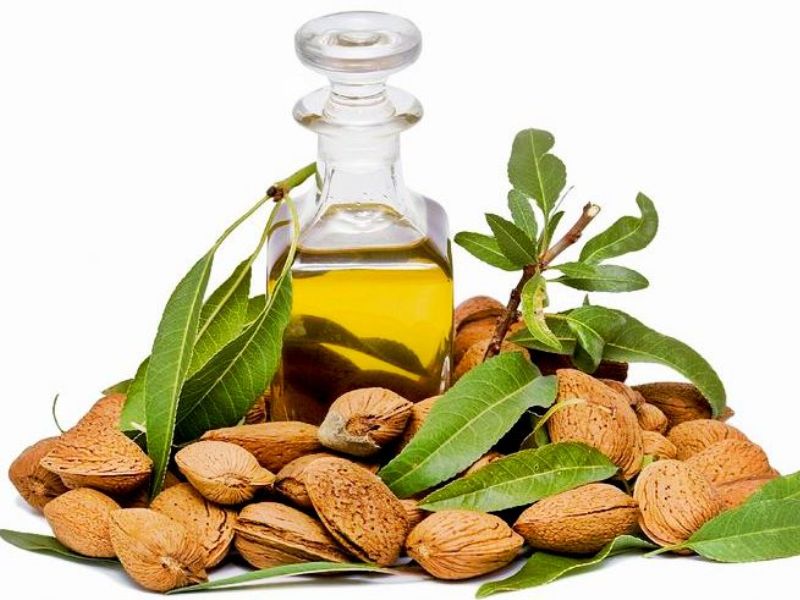 Comedogenic rating: 2
Comedogenic rating: 2
Pure or sweet almond oil nourishes and revives all skin types. This natural oil is rich in antioxidants and essential fatty acids. It also contains several vitamins that include Vitamin A, B, D and E. Almond oil does not clog skin pores and can be easily absorbed into the skin. It leaves your skin clear, soft, and healthy. Almond oil is made by pressing almonds and can be used on the entire body.
3. Avocado Oil
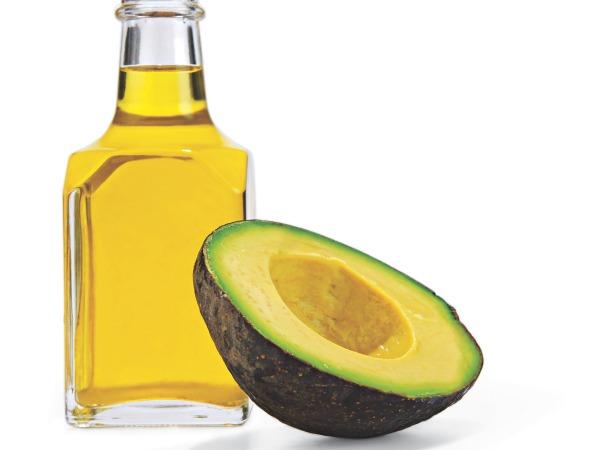 Comedogenic rating: 2
Comedogenic rating: 2
Pure avocado oil is a natural vegetable oil that increases epidermal elasticity. This natural vegetable oil moistures and softens dry skin, and treats cracked skin. Other uses of avocado oil include conditioning the skin and scalp, and being used as massage oil. Avocado oil contains essential acids and vitamins that promote hair growth including amino acids, fatty acids, and Vitamins A, B, D and E.
4. Hemp Seed Oil
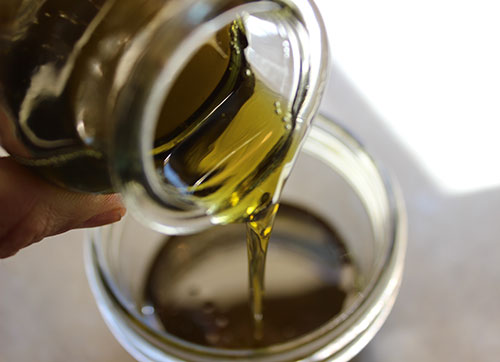 Comedogenic rating: 0
Comedogenic rating: 0
Hemp seed oil is pure organic oil. Hempseed oil is a natural SPF 6 that enables your skin to absorb vitamin D when you are basking in the sun. This substitute for coconut oil reduces the size of your skin pores. Hemp seed oil contains high amounts of Omega 6 and Omega 3, which rebuild epidermal lipids.
5. Grapeseed Oil
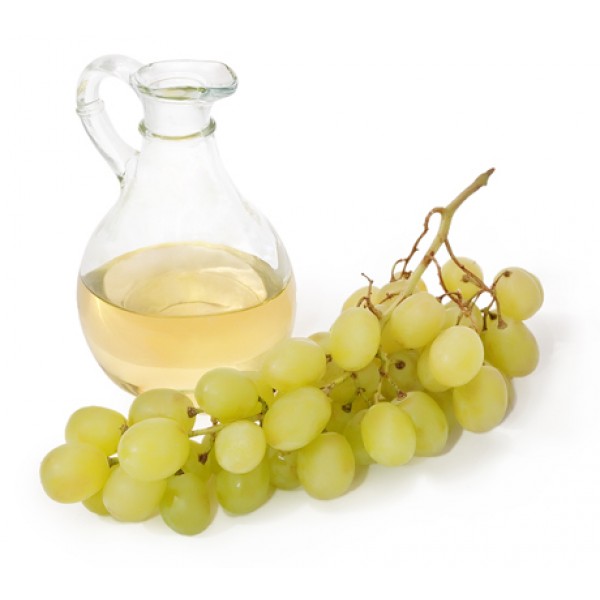 Comedogenic rating: 2
Comedogenic rating: 2
Pure grapeseed oil is light and odorless. It has mild astringent and emollient properties. It contains several amino acids including Palmitic, Oleic, Stearic, Linoleic, Lauric and Myristic. The oil is suitable for treating dryness and irritation because of its rich and silky texture. It can be used for all types of skins and does not clog skin pores or cause skin breakouts. Grapeseed oil is used to make lotions and as a hair conditioner.
6. Marula Oil
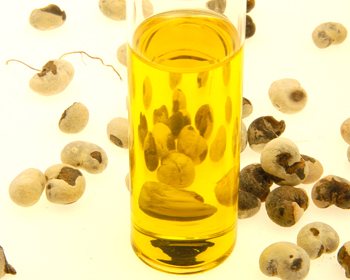 Comedogenic rating: 0
Comedogenic rating: 0
Marula oil contains high amounts of fatty acids, which enable its fast absorption into the skin. It leaves your skin with a smooth and matte finish. It is clinically proven that marula oil is rich in antioxidants and omega acids. Hence, it is used as anti-aging moisture. Marula oil is added to other facial products to improve their efficacy and soothe your skin after facial treatments or in case of sunburns.
7. Extra Virgin Olive Oil
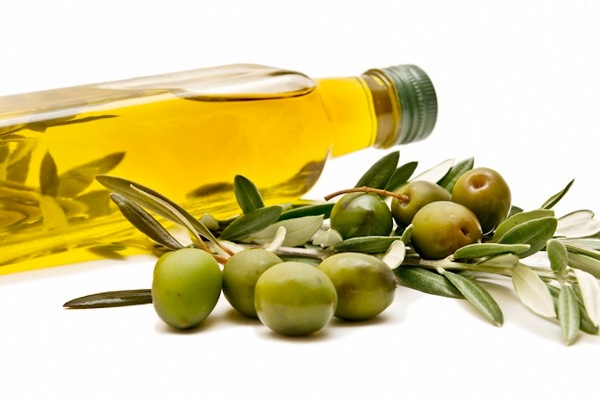 Comedogenic rating: 2
Comedogenic rating: 2
This oil is derived from olives and contains antioxidants, vitamins, and minerals. Extra virgin olive oil results from processing olives at the lowest level. It moisturizes and conditions your hair, and controls dandruff. You can use extra virgin olive oil on your skin as a moisturizer. Olive oil is widely used to make hair restoration products.
8. Jojoba Oil
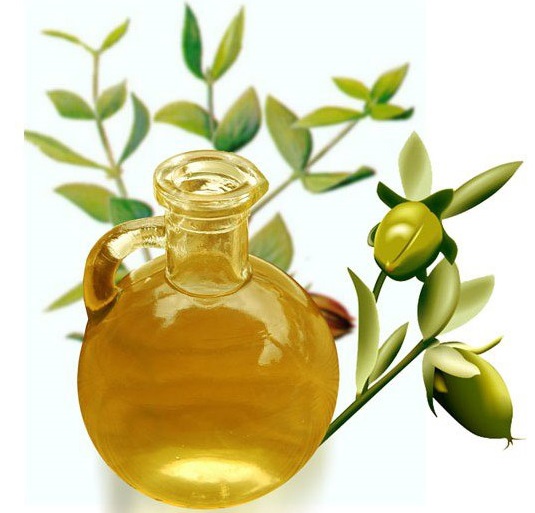 Comedogenic rating: 2
Comedogenic rating: 2
Jojoba oil is a liquid wax ester. Its natural SPF is rated at 4+ and has medium consistency that is similar to human sebum. Jojoba oil has a long shelf life and does not require any refrigeration. It does not turn rancid. Jojoba oil is beneficial for its antibacterial and anti-inflammatory properties. Jojoba oil levels out natural oil production.
9. Safflower Oil
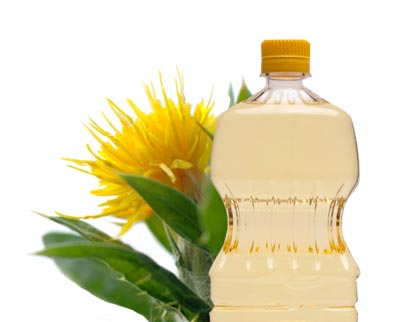 Comedogenic rating: 0
Comedogenic rating: 0
Safflower oil is versatile and has many uses including cosmetic and culinary uses. You can apply safflower oil on your skin to substitute for coconut oil as a moisturizer. It forms a protective barrier that lubricates your skin when you used as a moisturizer. In addition, safflower treats various skin problems, softens dry skin, and soothes rough skin.
10. Shea Butter
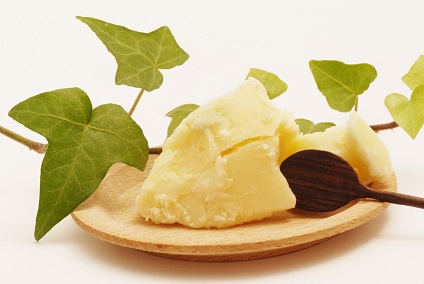 Comedogenic rating: 0
Comedogenic rating: 0
Shea butter has a natural SPF of 6 to 10. Shea butter contains Vitamin E and is used as an anti-inflammatory ointment. This oil is used to treat eczema, bites, cuts, psoriasis, cracks, and burns among other skin problems. You can use shea butter as a skin moisturizer. Shea butter strengthens and regenerates your skins. It stimulates skin by enhancing collagen production.
11. Neem Oil
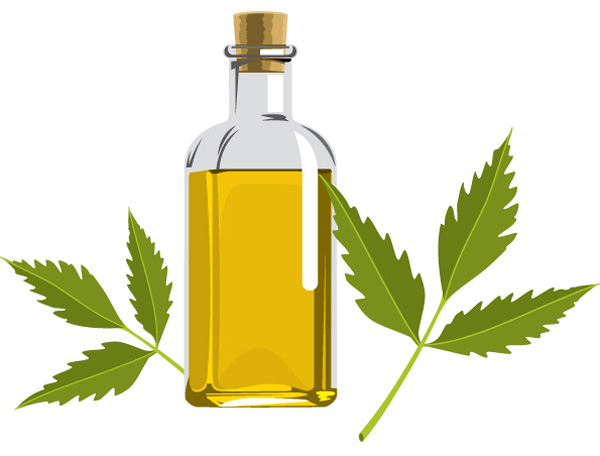 Comedogenic rating: 1
Comedogenic rating: 1
Neem oil has antiseptic and antiviral properties. In addition, it has antifungal and antibacterial properties, which make it an ideal component of blends used in oil cleaning methods. Neem oil is used as an insecticide, especially as a bug repellent. Other uses of neem oil include treating acne and dandruffs. Neem oil is thick and hence should be diluted before use.
12. Sunflower Seed Oil
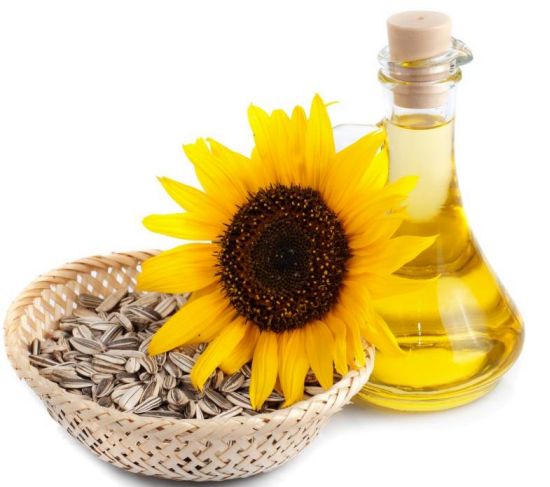 Comedogenic rating: 0
Comedogenic rating: 0
Sunflower seed oil has light consistency that is similar to human sebum. It can be used as a substitute for coconut oil. Sunflower seed oil is rich in vitamins that improve the health and radiance of your skin, including vitamins A, D and E. In addition, it contains essential fatty acids and carotenoids that help in prevention of skin cancer. Sunflower seed oil nourishes and moisturizes many skin types except oily skin types.
